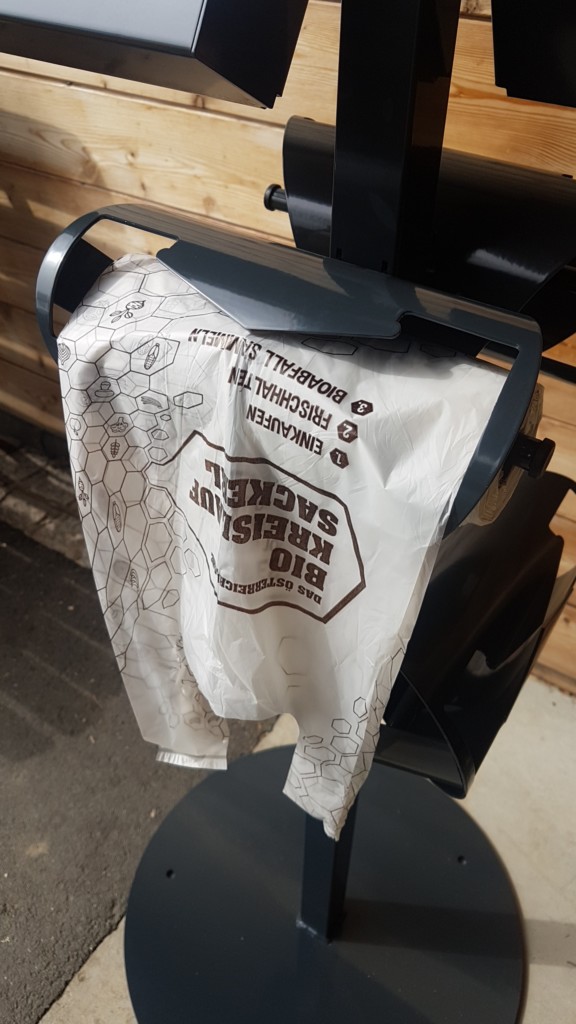From 2023 onwards, separate collection of bio-waste will be mandatory across Europe in order to increase the overall amounts of separately collected waste and to help meet the ambitious recycling targets set out in the new EU waste rules. Yet, the separate waste collection systems (including for bio-waste) still vary widely among the 28 EU Member States, and the contamination of organic waste streams by non-compostable plastics is high and constitutes a real problem for composting facilities.
To discuss effective solutions and share best practices, experts from policy, research, and waste management met at the 30th edition of the Kasseler Abfall- und Ressourcenforum 2018, the German bio-waste conference, on 10-12 April 2018. The event hosted a meeting of representatives from the national composting associations of Germany, Austria, Switzerland and Italy, the four countries with the most extensive and best-established separate organic waste collection systems in Europe.
The Italian Composting Council (CIC) presented the results of tests that have been conducted in 27 composting plants in Italy, which found that the contamination of organic waste reaches up to 4.9% on average in these facilities. The contamination mainly consists of non-compostable plastics caused by misthrows. The situation is similar in many other European countries.
The Austrian compost and biogas association KBVÖ (Kompost- und Biogasverband Österreich) reported that 80-90% of impurities in the organic waste collected from households are conventional, non-biodegradable bags. To tackle this problem and reduce impurities, KBVÖ plans to launch an initiative aiming to only market single-use carrier bags in Austria that are compostable according to the European standard for industrial composting EN 13432. Combined with a consumer information campaign, the compostable bags are intended to be re-used to collect and dispose organic kitchen waste. This way, more bio-waste will be separately collected and diverted from other recycling streams, while, at the same time, the contamination of the collected organic waste with conventional, non-biodegradable plastics will be reduced.
Bio-waste represents 40-50% of the municipal waste streams in Europe, but only about 25% are separately collected and organically recycled at the moment. Around 100 million tonnes annually are ‘wasted’ across the EU and lost as a valuable resource. This shows how crucial both, an efficient technical waste management infrastructure as well as mandatory separate collection of biowaste, are in order to reach the recycling targets set out in the EU waste package. The higher the volume of separately collected organic waste, the higher the incentive to set up systems to treat the waste in an efficient manner and to achieve the best economical and environmental outcomes.

Bio-Kreislauf-Sackerl initiative in Austria (c) KBVÖ